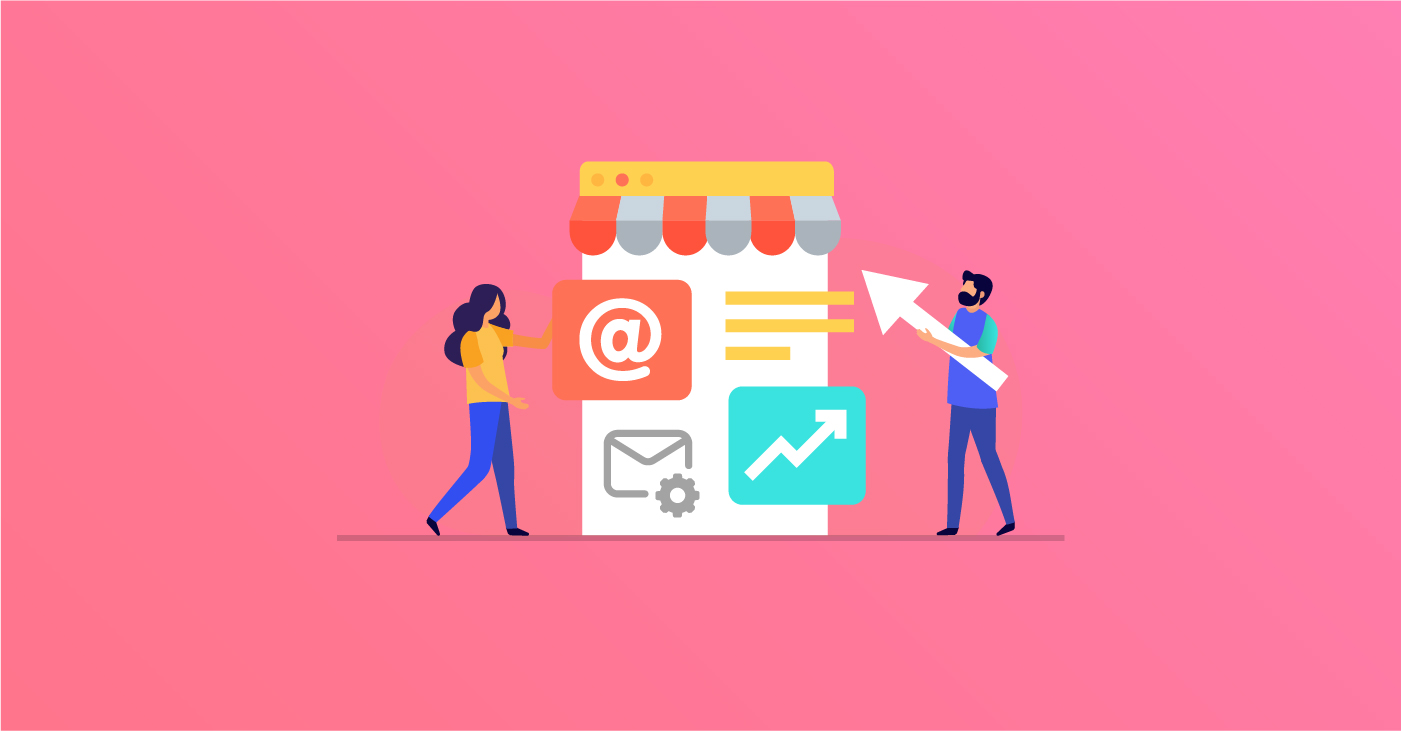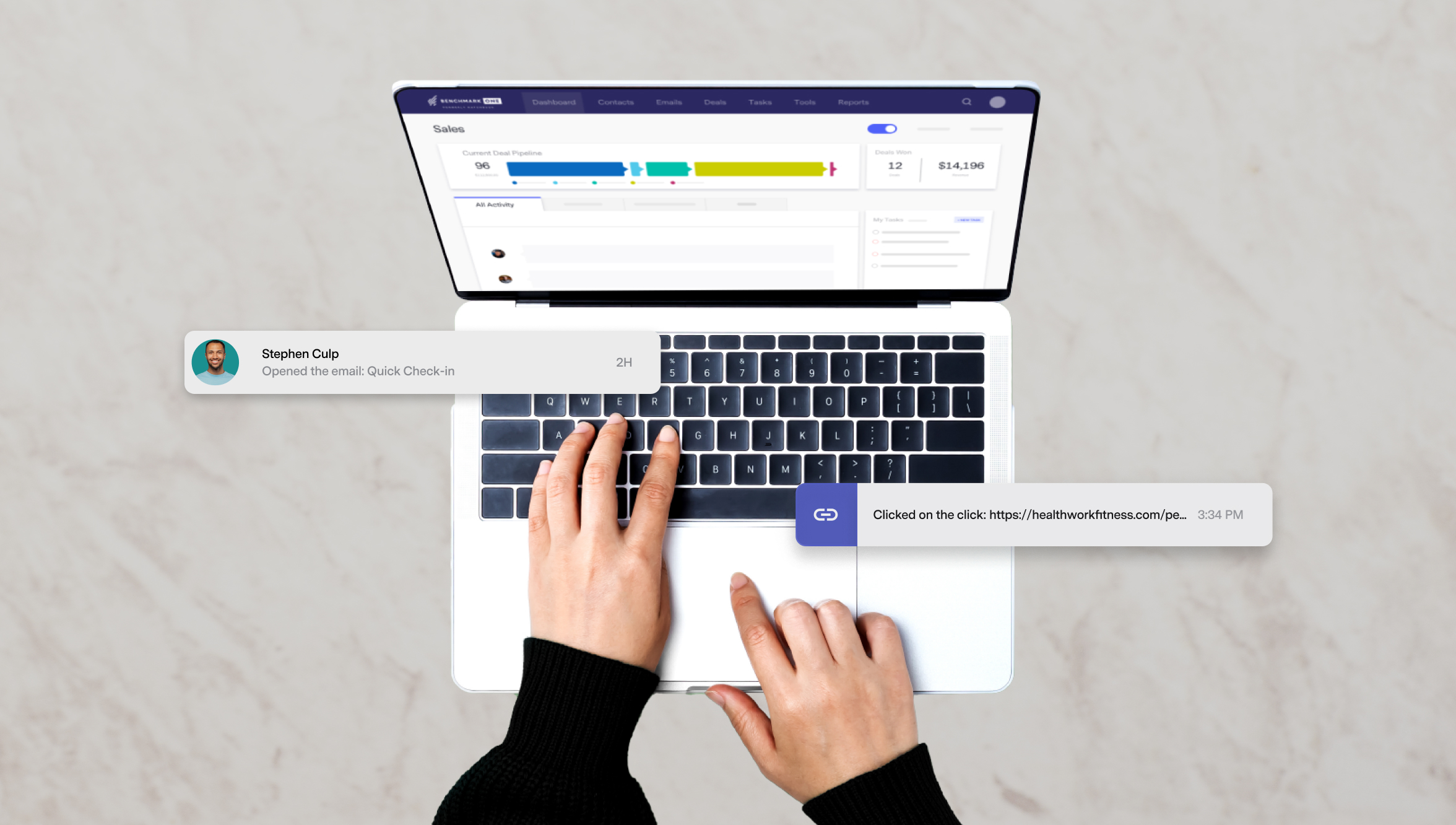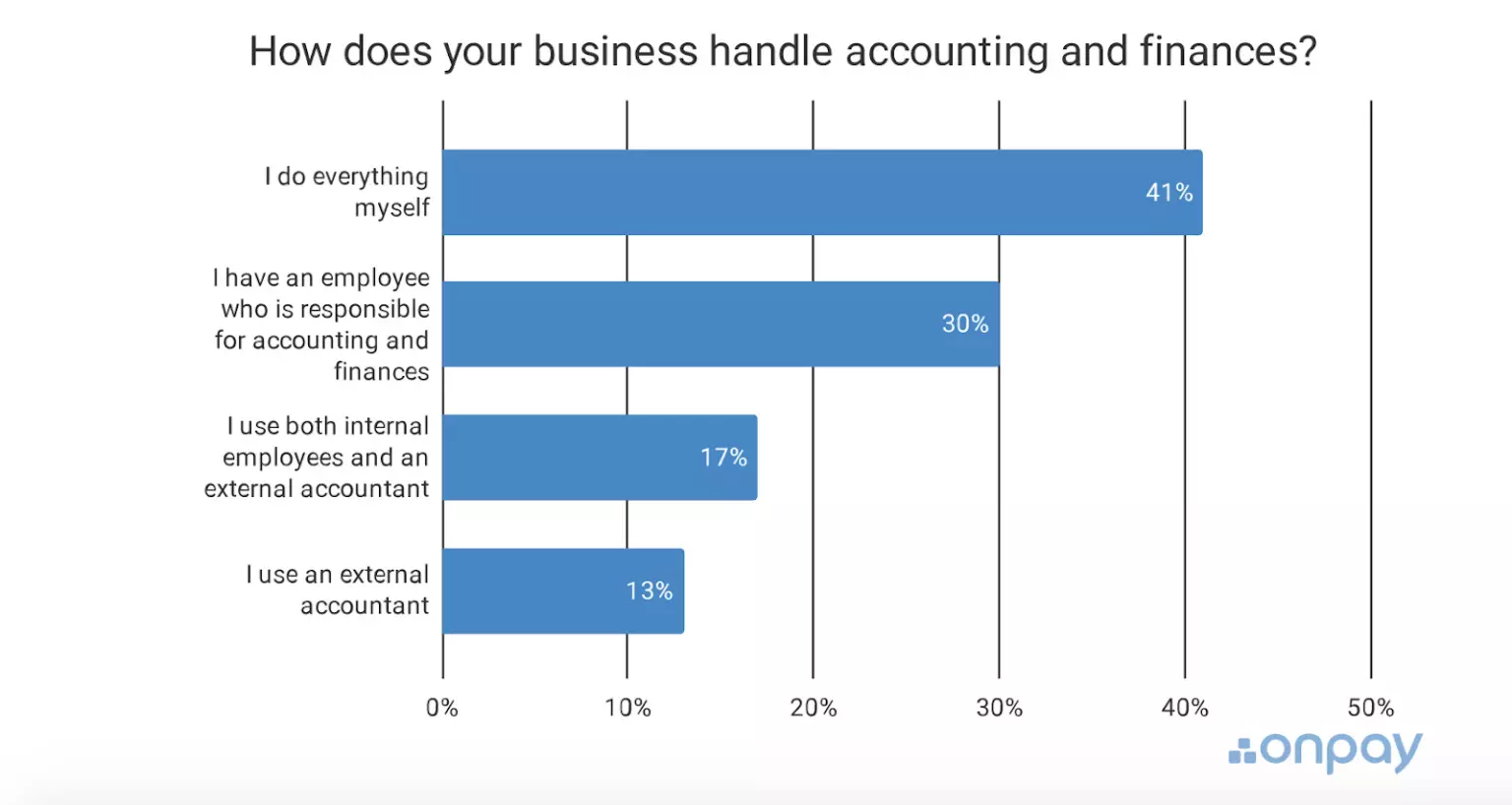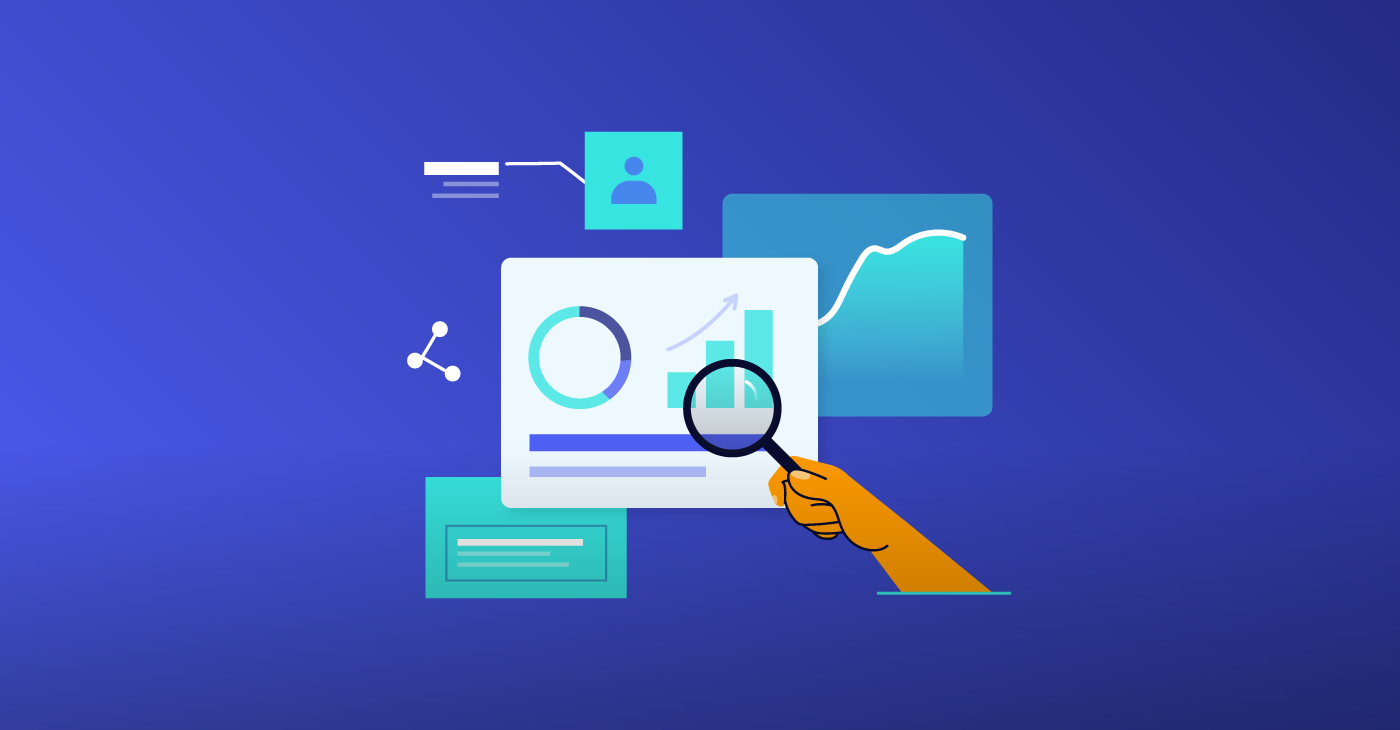Accounting For eCommerce: A Small Business Guide to Managing Finances
January 10, 2023 5 min read

It’s the beginning of a new year. Which means if you haven’t begun evaluating your businesses’ finances at the end of 2022, you’re doing so now.
Appropriate management of cash flow is essential for the success of any business. For eCommerce startups and small businesses, however, a healthy cash flow can mean the difference between survival and bankruptcy.
If you’re one of the 41% of small eCommerce business owners who do their own accounts, this article is for you.
What is eCommerce Accounting?
At its most basic level, accounting refers to bookkeeping tasks like recording transactions or handling payroll. But accounting goes further than bookkeeping and if you’re running a small business, you’ll need to handle these responsibilities as well:
- Preparing and analyzing balance sheets
- Reporting income for tax purposes and calculating tax liabilities
- Preparing financial statements and stakeholder reports
- Keeping records in line with auditing requirements
- Analyzing financial data for risk analysis and forecasting
Good cash flow management starts with good bookkeeping. The first step is to accurately record the cash flowing in and out of your business. There are two main accounting methods that eCommerce businesses use to keep track of cash flow.
Cash Basis Accounting
The cash-based method is the starting point for most small eCommerce businesses. This is when you record cash movements in and out of your business bank account as they happen. So, you record expenditure when it leaves your business and income when it clears.
This means that for your end-of-year taxes, you don’t need to report expected income or pending payments. Businesses tend to start here because of the simplicity of the system. It’s difficult to scale when companies grow and start working with multiple accounts, though.
This method is suitable for a small eCommerce retailer or a business selling through a larger site like Amazon. Cash basis accounting will give you a clear picture of how much cash you have on hand day-to-day or month-to-month.
Accrual Accounting
Larger businesses need a solution that can account for payables and receivables where money hasn’t changed hands. This is known as accrual accounting. In this method, you record transactions as they’re agreed upon, regardless of money being received/paid.
This means you can include things like long-term contracts with staged payments. Data from the accrual method can help you make financial forecasts. You get a picture of your cash flow in the coming months or years, allowing you to adjust your budget plans accordingly.
Many larger institutions would think of this as the default method of accounting. Small businesses should be wary of starting here, though. Focusing on future income and expenditure can obscure your view of the ready cash in your business.
Areas of Emphasis in eCommerce Accounting
As we mentioned above, accounting has a variety of different purposes. It can be difficult to know where to start if you’re new to financial management. These are the four main areas to focus on to keep cash flow healthy while preparing proper accounts.
Tax Management
As the end of the financial year approaches, taxes are a high priority for small businesses. Improper reporting can lead to penalties and expenses that a startup can’t afford. Yet, tax is a complicated subject. Entire accounting firms exist to handle corporate tax reporting. Utilizing the best accounting software can simplify this process, ensuring accuracy and compliance.
As a small business owner, you’re probably used to interpreting the tax code, keeping proper records, and making sure end-of-year filings are correct. Even so, an accessible self-assessment software solution can help you track your finances and organize your records more efficiently.
For the most benefit, find one that comes with 24/7 customer support, so help is always at hand. That way, you don’t have to handle every problem yourself.
Budgeting
Keeping track of your cash flow in real time will help you create cash flow forecasts. You can use your forecasted data to help plan your budgets. This can be especially useful for new businesses as you can plan your expenditures around your available liquid cash.
Bookkeeping
Keeping good records isn’t just useful for tax purposes. Transaction data can be used for audit trails, analysis, and forecasting. You’ll also need it to help with customer support issues like returns. On top of that, investors and creditors will want to see detailed accounts before they put money into your business.
Scaling
Once you start your small eCommerce business, the objective after survival is always growth. A good accounting system will help you spot strengths in your products and services. It will also help you identify your biggest expenditures and pinpoint opportunities to reduce costs.
5 Tips to Ace eCommerce Accounting
Now you know what accounting means to an eCommerce business. That means you’re ready for our five best tips to get on top of your small business accounts.
Understand Cost of Goods Sold (COGS)
If you’re new to accounting, cost of goods sold (COGS) is an important concept to grasp. This is how much it costs you to sell items, and you need this figure to work out your profit margin.
Here’s a quick example. Let’s say you sell all your stock of one item for $5,000. It costs you $1000 to buy the goods, $1000 to store them, $1000 to deliver them, and $1000 to pay your staffing costs. Your total COGS is $4000, so your profit margin is $1000.
Keep Track of All Expenses
We kept the example above simple, but you know that real business expenses are more complex. Keeping track of all your expenses with a detailed balance sheet will help you monitor how changes affect your income. This is how you identify what expenses are critical to revenue generation.
Run Regular Reconciliation Reports
These reports let you identify and explain any discrepancies between budgetary items and accounts. Essentially, these reports help you track whether your forecasting and budgets match up with your actual spending, as well as help maintain inventory and check payroll at year-end.
Track Your Profits Before Tax
Tax liabilities can change based on physical location or trading location. That means that keeping track of pre-tax profit is a good idea. That way, if you discover additional requirements or tax savings, you can accurately refer back to the original figures.
Utilize Cloud Accounting Software
Cloud-based accounting software can help small eCommerce businesses keep professional, audit-ready accounts. It’s relatively affordable compared with contracting accountants and saves time by automating processes and doing calculations for you.
Many accounting software options also come with advanced functions like sale forecasting, advanced reports, and inventory management to help grow your business. Take the time to choose one that will best fulfill your business needs and will provide additional features as and when you need them.
Let’s recap: Start with good bookkeeping, monitor your cash flow, and use the help of accounting software. Sticking to these tips will help you get started with managing your small business’s finances.







